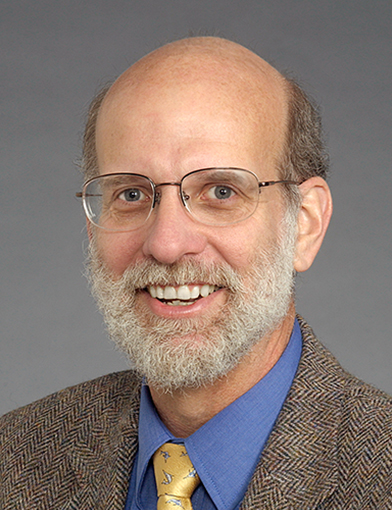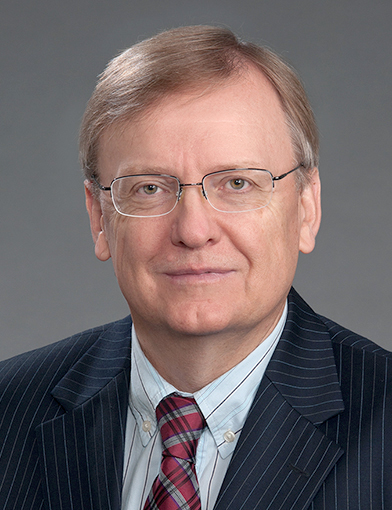The Tumor Progression and Recurrence Program is a highly interactive group of 31 faculty members in the Wake Forest Baptist Comprehensive Cancer Center (WFBCCC). Our program members represent many different departments and sections across Wake Forest Baptist Medical Center, Wake Forest University, and the VT-WFU School of Biomedical Engineering and Sciences.
The major goals of the Tumor Progression and Recurrence (TPR) Program are to:
- Understand the molecular mechanisms that promote tumor progression and recurrence
- Use this knowledge to develop novel strategies to treat cancer, particularly those with high rates of recurrence, relentless progression, or high incidence and mortality in the Wake Forest Baptist Comprehensive Cancer Center (WFBCCC) catchment area.
The TPR Program’s goals will be achieved through:
- Aim 1 determining the signaling pathways and molecular targets in cancer cells and other cell types in the tumor microenvironment that promote tumor progression and recurrence
- Aim 2 identifying novel therapeutic approaches for these difficult-to-treat cancers based on a) disrupting signaling between cancer cells and other cells in the tumor microenvironment, and b) drug delivery specifically to cells of the tumor microenvironment.
Scientific Focus
Areas of particular focus specific to Aim 1 are:
- Malignant gliomas, including glioblastoma
- Metastatic breast cancer
- Prostate cancer
In all of these, tumor progression and/or recurrence play a particularly important role.
Examples relevant to Aim 2 include:
- Targeting the interaction of Ephrin ligands with their Eph receptors and delivery of cytotoxic load
- Development of peptides that target the Mas receptor
- Development of oncolytic viruses that target defects in antiviral signaling in cancers
The decisions between cell survival and cell death in response to extracellular and intracellular signals are critically important both to the development of cancer and to therapy of cancer. The Tumor Progression and Recurrence Program places a strong emphasis on signaling mechanisms that determine whether cells are able to survive and proliferate or undergo cell death. Cell fate decisions are often mediated by signaling pathways that act through Bcl-2 family proteins, which regulate the release of proteins from mitochondria and other organelles that induce programmed cell death (apoptosis).
Investigators in the Tumor Progression and Recurrence Program study the role of Bcl-2 family proteins in regulating cell death or survival in response to stress hormones, in immune cells responsible for immune clearance of tumors, and in cancers treated with novel viruses designed to lyse cancer cells without harming normal tissues (“oncolytic viruses”).
Cancers seldom present a homogenous environment, consisting of a variety of different cell types and with differing degrees of vascularization. Targeting different elements of the microenvironment, e.g., by inhibiting angiogenesis, has recently been a major thrust in cancer therapy. The tumor microenvironment is a broad scientific area.
The research in the Tumor Progression and Recurrence Program is focused on specific cell types associated with the tumor microenvironment. These include cell types involved in:
- Vascularization (endothelial cells and mural cells)
- Stem cells (or more conservatively, progenitor cells with stem cell-like properties)
- Immune and inflammatory cells in the tumor microenvironment


